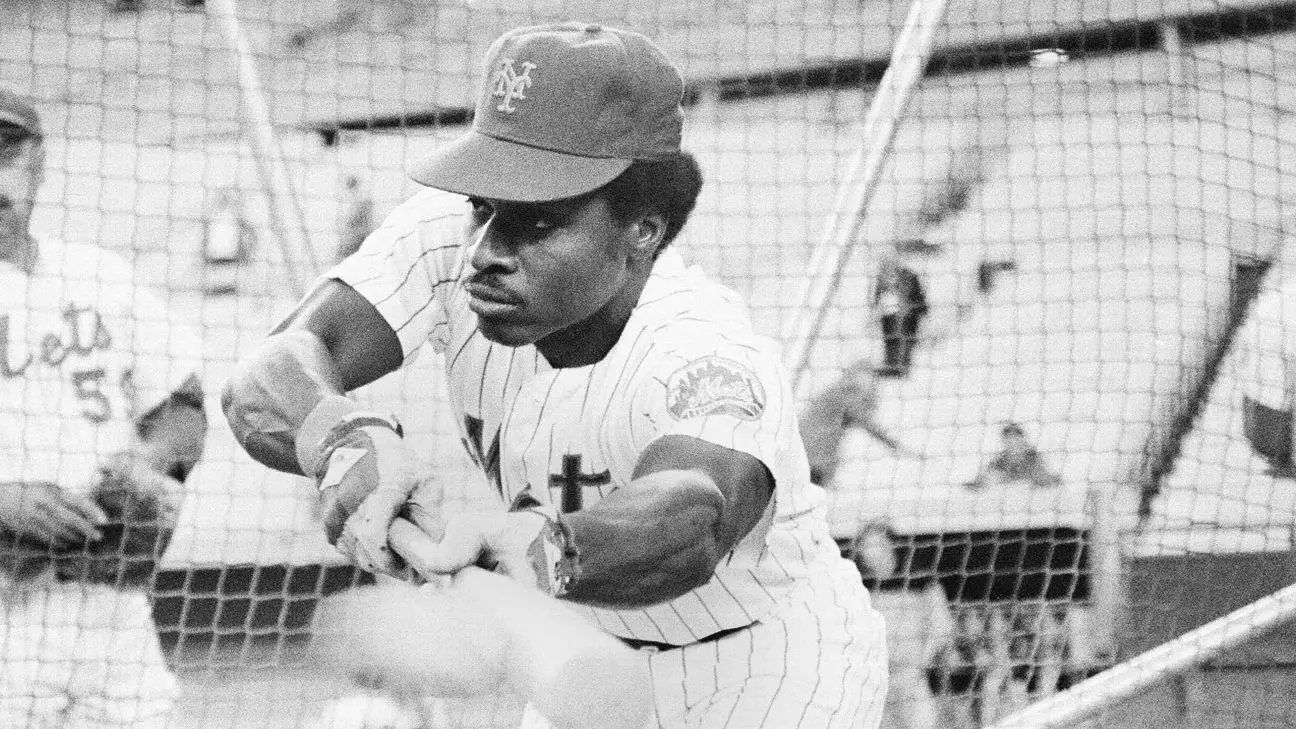Lenny Randle, who passed away at the age of 75 at his home in Murrieta, California, leaves behind a legacy that transcends his twelve-season career in Major League Baseball (MLB). Known for his vibrant personality both on and off the field, Randle embodied the spirit of an era marked by creativity, controversy, and unforgettable memories. His life, punctuated by achievements, peculiar moments, and a penchant for humor, paints a picture far richer than mere statistics could convey.
Randle’s athletic journey began at Arizona State University, where he showcased exceptional talent as a two-sport athlete, both in baseball and football. His contributions to the baseball team significantly impacted its success, helping to secure the 1969 College World Series title. His dual prowess not only highlighted his athletic skills but also foreshadowed his multifaceted career. He was selected as the 10th overall pick in the secondary phase of the 1970 amateur draft by the Washington Senators, making his MLB debut on June 16, 1971. His first recorded hit—a daring infield single against the legendary Vida Blue—marked the onset of a noteworthy career that would take him through several teams, including the Texas Rangers, New York Mets, and Seattle Mariners.
However, statistics tell only a part of Randle’s story. His reputation as “The Most Interesting Man in Baseball,” a title conferred upon him by Rolling Stone magazine, crystallizes the essence of his unique character. During his playing days, Randle’s involvement in memorable, albeit sometimes controversial, occurrences set him apart. He was on the bench for the chaotic final game of the Senators in 1971, survived a brawl instigated by his own actions, and witnessed historic moments during pivotal games, such as the infamous Ten Cent Beer Night riot in Cleveland. Each of these episodes showcased not just his talent but also an element of unpredictability that fans and players alike found captivating.
One particularly memorable episode took place during a blackout at Shea Stadium in 1977, when Randle was at bat against Ray Burris from the Cubs. The lights went out, a fitting metaphor for the myriad unpredictable moments Randle encountered. His charm and charisma shone through in these stories, revealing a player who had more to offer than statistics or accolades.
Randle’s career was not without its blemishes. In a moment of frustration, he infamously punched Texas Rangers manager Frank Lucchesi in 1977. This altercation arose from Randle’s struggles to maintain his position, showcasing a darker side of competitive sports. The incident resulted in serious consequences, including a 30-day suspension and a hefty fine. However, Randle took ownership of the situation, later offering an apology and facing legal ramifications, which included a plea of no contest to misdemeanor battery. This incident exemplified the pressure and frustration athletes often face, making it a notable chapter in his life story.
Despite the turbulence, Randle’s spirit remained unbroken. His experiences—while sometimes controversial—added layers to his identity, redefining what it meant to be a player during that era. These incidents did not solely shape his reputation; they further contributed to the colorful narrative of his life.
After his MLB career came to a close, Randle’s journey took him to Italy, where he became the first American player in the Italian baseball league with Nettuno. His time in Italy was not just a chapter of his career; it was a transformative experience. Randle described it as “finding the fountain of youth,” where he learned to appreciate the game in a less pressured environment, bringing joy back into his passion for baseball. This time abroad allowed him to embrace new opportunities, including a brief stint in stand-up comedy and even releasing a funk song titled “Kingdome,” an aspect of his life that showcased his artistic flair.
Lenny Randle’s passing leaves a void not only in the baseball community but also among family and friends who cherished his vibrant personality. Survived by his wife Linda and three sons, Randle’s family aims to celebrate his life in a manner befitting his extraordinary character. While his statistics reflect his skill, it is his stories, charisma, and colorful legacy that remain his most enduring achievements, reminding us all that life, like baseball, is best approached with a sense of humor and adventure.

